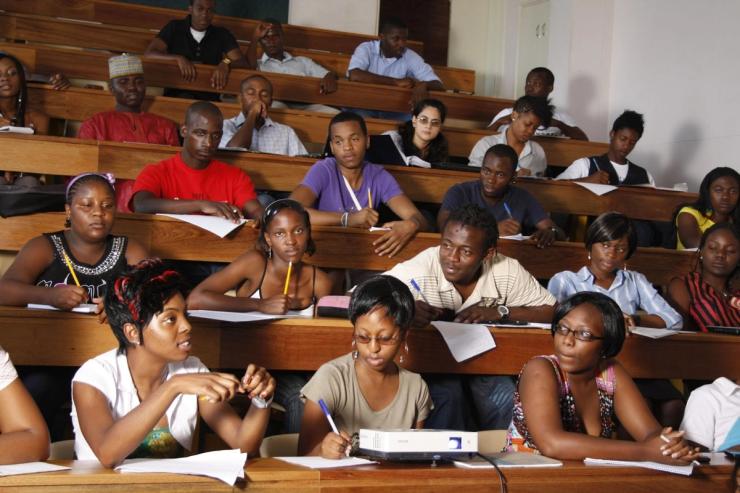If we want to see a thriving African economy — one whose companies deliver strong shareholder returns while offering dignity to their workforce — we must stop chasing youth-skills trends and embrace a new form of education. As long as we chase the latest skills fad, true sovereignty and collective prosperity will remain elusive.
Every few years, a new skills trend emerges, quickly followed by a medley of training programs promising to unlock the potential of Africa’s workforce. Recall the flood of think pieces a few years ago stressing the urgent need to teach young people to code. An endless array of coding bootcamps and training programs ensued. Yet the growing market of advanced artificial intelligence tools has threatened to make many junior coding jobs obsolete. To be clear, the problem is not coding — it can be a very valuable skill. The problem is focusing on any single skill at the expense of a holistic, values-driven approach to education.
The next global generation of transformative leaders will not be shaped by skills alone, but by the principles of liberatory education.
Broadly speaking, liberatory education is the reframing of knowledge and shifting of mindsets in ways that refute and undermine the ideology of human hierarchy. The Brazilian educator and philosopher Paulo Freire advocated liberation pedagogy to develop our own autonomy, to deepen our critical consciousness, and to participate in the co-creation of the world around us — a transformative experience that entails more than simply the transmission and acquisition of skills. Liberatory education produces the kind of leaders and workforce that spark systemic change, because the framing possesses the principles that allow us to become wise.
African countries need to develop their natural resources and human capital, finding ways to make financial returns on investments while also caring deeply for workers. The next wave of innovations that shape the global marketplace should emerge from African innovation ecosystems supported by thriving corporations, universities, entrepreneurs, and policymakers. What if, rather than chasing trends, we made the world chase us?
I am Ashanti, part of Ghana’s Akan ethnic group, which means that I am constitutionally incapable of resisting the opportunity to cite a fable, in this case, The Leopard’s Drum. It is the story of a young boy who has mastered the skill of beating the royal drum. In West African traditions, the drum serves as both a musical instrument and a talking messenger, transmitting proverbs, praises, and official announcements in a language that reinforces the chief’s authority and the community’s history. One day, on his way to perform for the chief, the young boy encounters a leopard, who demands the drum. Instead of giving up the drum, the boy plays a drum call that summons hunters and the leopard flees, allowing the boy to perform at the royal court and fulfill his duty.
A proverb that accompanies this story loosely translates as: “Wisdom is not the same as the knowledge of acquiring a skill.” If we only teach the next generation skills without wisdom, we stand no chance against the leopard.
Felicia Appenteng is the president and CEO of the Africa-America Institute, a nonprofit that bridges Africa and its diaspora to advance a more sustainable and equitable world through education, dialogue, and community building.


